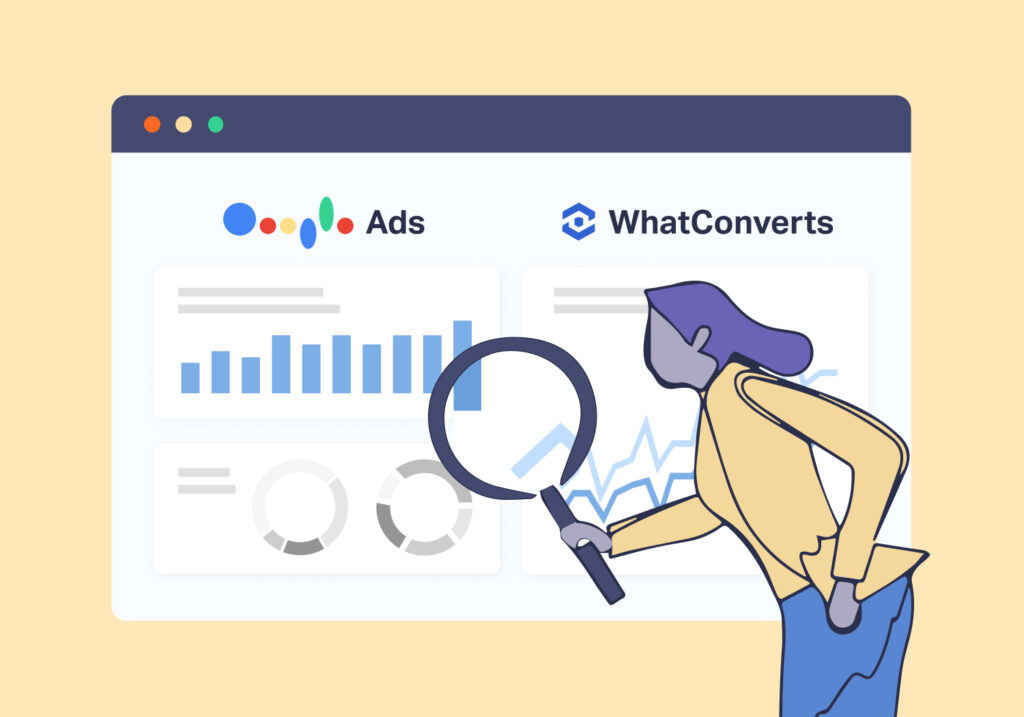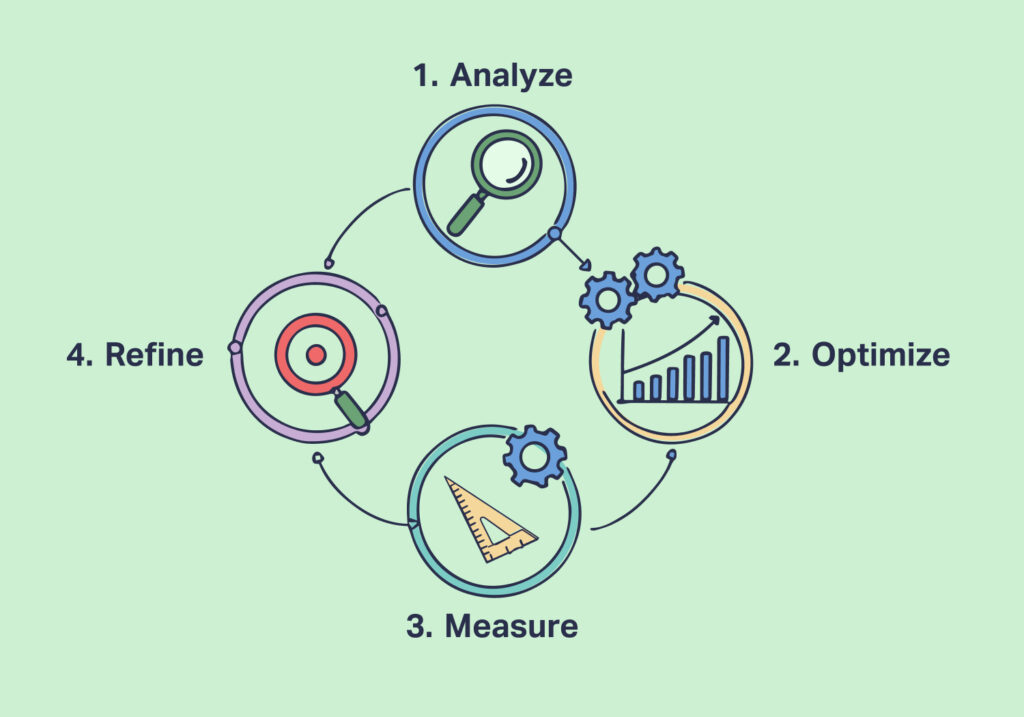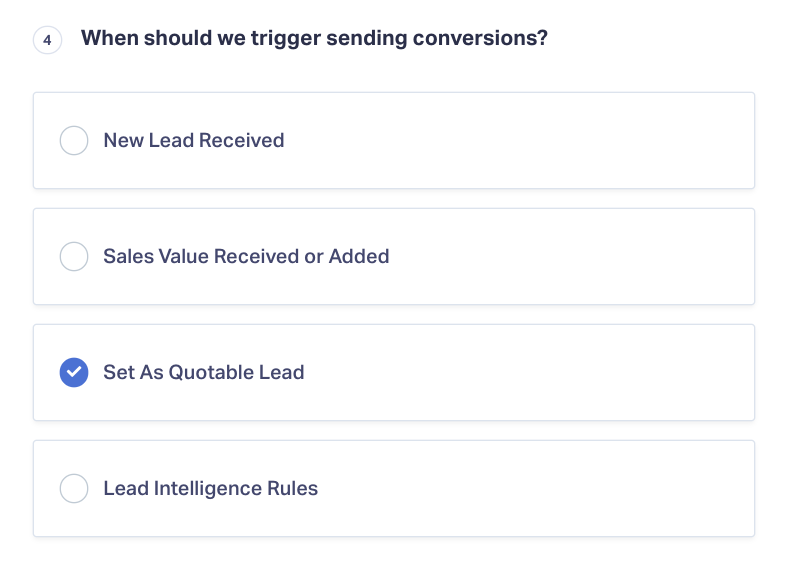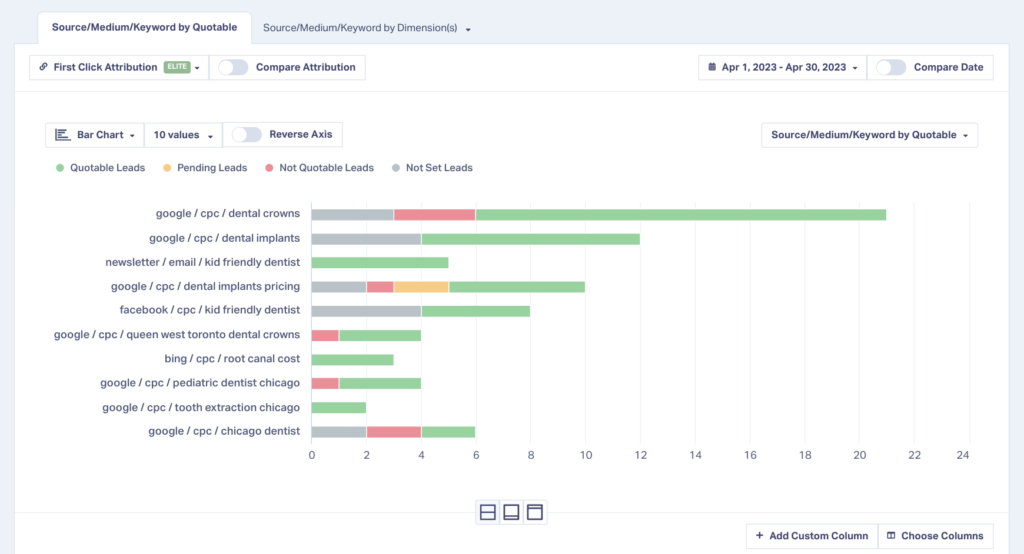
Paid search campaigns can make marketers feel like they’re throwing money into a black hole. Sure, you might see metrics like impressions, clicks, and even conversions climbing up. But are those numbers actually translating into revenue for your business?
That's what makes paid search analysis so essential. Taking a systematic, data-driven approach to evaluating PPC campaigns helps marketers understand not just which campaigns are generating activity, but which ones are delivering real, measurable value to the bottom line.
Understanding Paid Search Analysis
Numbers can be deceiving. A campaign might look great on paper while quietly draining your budget on the wrong clicks. That's why marketers need to move beyond simple PPC reporting into true paid search analysis.
While reporting shows you what happened, analysis tells you why it happened—and more importantly, what you should do about it. By digging deep into your campaign data to uncover patterns and potential issues, you can spot optimization opportunities before your budget disappears into that metaphorical black hole.
Key Components of a Meaningful Paid Search Analysis
You've got the surface-level metrics down—clicks, impressions, basic conversion tracking. But meaningful analysis requires you to examine multiple layers of data and build a complete picture of campaign performance. Let's break down the key areas you need to examine.
Campaign Structure Analysis
Your campaign structure forms the foundation of your paid search success. A well-organized account enables marketers to trace performance from the campaign level all the way down to individual keywords. This granular visibility means you can pinpoint exactly what's working (and what isn't) without disrupting your entire account.
Start by examining how your campaigns are organized to spot trouble spots like overlapping keywords or budget imbalances before they hurt performance. Look for opportunities to segment your campaigns more effectively, which lets you test new approaches in specific areas without disrupting what's already working well.
Keyword Performance Analysis
Keywords might be the building blocks of paid search, but raw keyword metrics can be misleading. A keyword with high conversion volume might look great in reports while secretly filling your pipeline with unqualified leads. Meanwhile, a keyword with seemingly mediocre performance could be consistently bringing in your most valuable customers.
Examine how your keyword performance is connected to actual business results rather than just conversion volume. In WhatConverts, you can do this by setting up conversion triggers, which filter out bad leads and only send conversions to Google Ads if they come from a lead that you’ve marked as qualified. This trains Google’s algorithm to optimize conversions for value, not volume.
Once you’ve filtered out unqualified conversion data, you can take a closer look at things like search intent, cost per conversion, and ad position and learn how they relate to lead quality. This assessment can reveal opportunities to bid more aggressively on keywords that reliably bring in qualified prospects, even if their conversion rates seem lower at first glance.
Quality Score Analysis
Quality Score acts as Google's report card for your ads, measuring how relevant and useful your ads are to users on a scale of 1-10. A high score means Google sees your ads as relevant and useful, rewarding you with better positions at lower costs. Poor scores force you to bid higher just to maintain visibility.
Check your Quality Score components regularly—like ad relevance and landing page experience—to identify specific areas needing improvement. Focus on fixing the lowest-scoring elements first, since even small Quality Score improvements can lead to significantly better campaign results over time.
Budget Analysis
Smart budget analysis reveals much more than just how much you're spending. It shows you where your money works hardest and which campaigns deliver the best return on investment. Looking at metrics like cost per lead across different segments often reveals surprising opportunities to reallocate spend more effectively.
Track how your spend connects directly to revenue impact. Use tools like WhatConverts to trace high-value leads back to the specific campaigns that generated them. This clear connection between spend and results shows exactly which campaigns deserve more investment and which need adjustment.
Moving Beyond Basic Metrics
Clicks, conversions, and cost per click dominate most PPC dashboards. But optimizing for these surface-level metrics often leads marketers down the wrong path. A campaign hitting all your basic KPIs might actually be bleeding money if it's bringing in the wrong kinds of leads.
So what KPIs can you track to prove real, tangible value? Let’s take a look.
Lead Quality Analysis
Lead quality separates successful paid search campaigns from expensive failures. Instead of celebrating 100 new leads, dig into what happened to those leads after they converted. Did they become customers? How much did they spend? Which campaigns brought in the leads that actually generated revenue?
Once you’ve marked your leads qualified or unqualified, you can isolate your valid leads and start looking for what key quality indicators these leads have in common. Look for patterns in which campaigns consistently deliver high-value prospects versus those generating tire-kickers, and then start to reorganize your campaign strategy accordingly.
Revenue Impact
When you start enriching your lead data with actual sales values, you can start to optimize even more aggressively, targeting not just qualified leads but your most profitable qualified leads. By tracking leads through your entire sales pipeline and connecting closed revenue back to the campaigns that generated it, you can collect the data you need to stop measuring cost per lead and start measuring cost per sale.
In WhatConverts, enriching your leads with sales data is easy. Account executives can open up individual leads and add sales values to their profile, or you can integrate directly with your CRM so it passes sales data back to WhatConverts automatically.
Competitive Analysis
Metrics mean nothing without context. A 20% conversion rate drop might seem seriously alarming—until you discover your top competitor just doubled their ad spend. Run a competitive PPC analysis and monitor metrics like impression share and average position alongside your internal KPIs to understand the full story behind performance changes.
Taking Action on Insights
The true value of PPC analysis comes from using insights to improve campaign performance. By systematically implementing changes based on data-driven findings, marketers can continuously optimize their campaigns for better results.
Budget reallocation usually offers the fastest returns—if data shows Campaign A consistently generating higher-quality leads than Campaign B, shifting spend from B to A can immediately improve results. Even if you only initially find underperformers, cutting spend to those campaigns can significantly boost ROI right away.
You can further boost ROI using the lead quality patterns you identify in your analysis, which can reveal opportunities to refine targeting and messaging. If certain demographics or locations consistently produce better leads, adjust your targeting accordingly. The same analysis can show which ad messages resonate most with qualified prospects.
Sometimes, the most valuable insights come from understanding what you don't want in your campaigns. Examine which keywords consistently bring in low-value leads despite decent conversion rates and add these terms to your list of negatives to help focus your budget where it matters most.
Turning Analysis Into Results
Effective paid search analysis isn't about tracking every possible metric—it's about understanding which data points actually matter for your business and using them to make better decisions.
While basic metrics like clicks and conversions provide a starting point, real campaign optimization happens when you connect marketing activity to actual business value. By focusing on lead quality, revenue impact, and systematic optimization, you can transform your paid search campaigns from cost centers into reliable revenue drivers.
Ready to see how WhatConverts can help you track and analyze the metrics that matter most? Watch a demo to see our platform in action, or book a custom demo to see how WhatConverts can help elevate your business’s marketing strategy.
Get a FREE presentation of WhatConverts
One of our marketing experts will give you a full presentation of how WhatConverts can help you grow your business.
Schedule a Demo
Grow your business with WhatConverts








